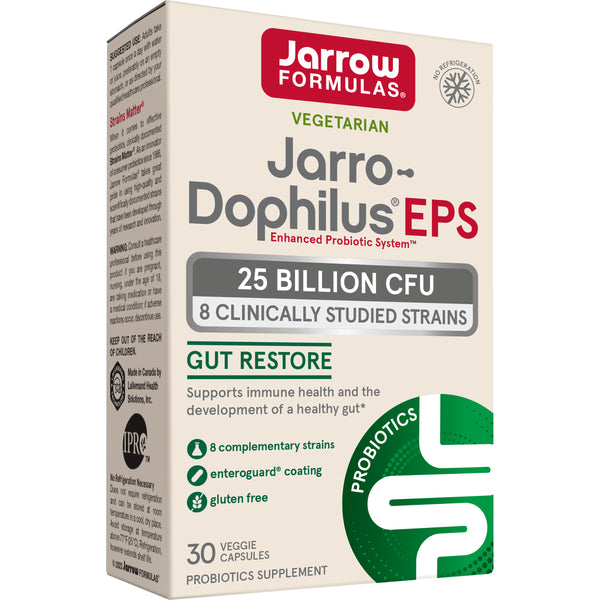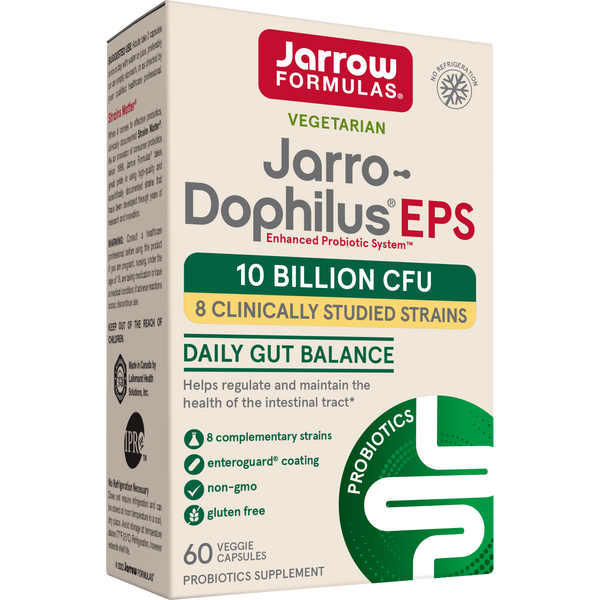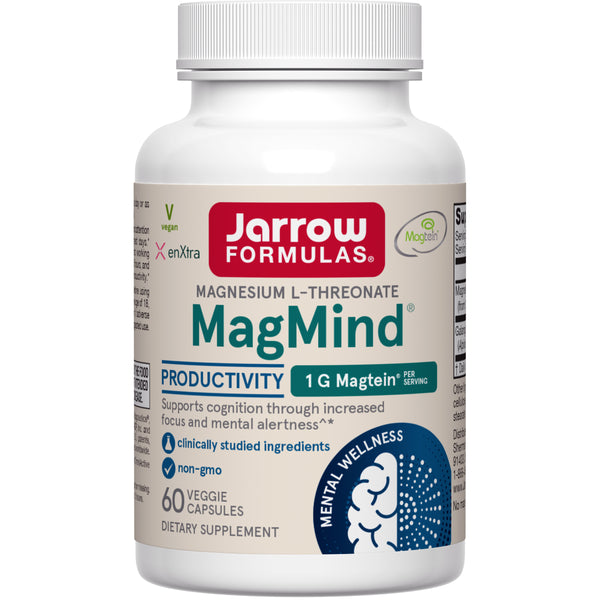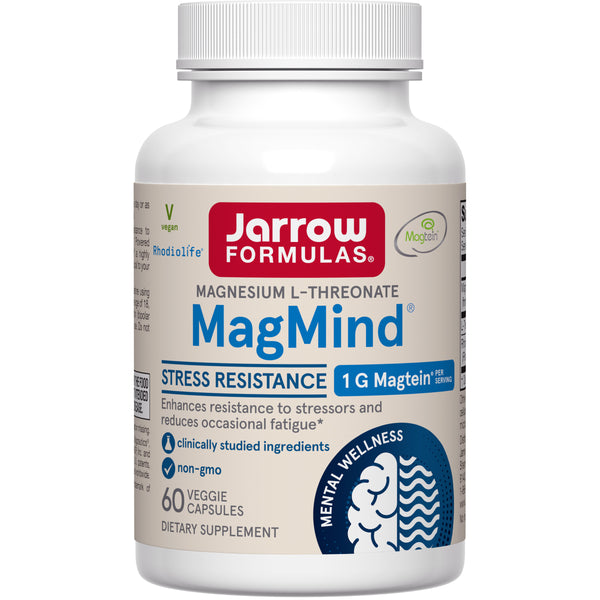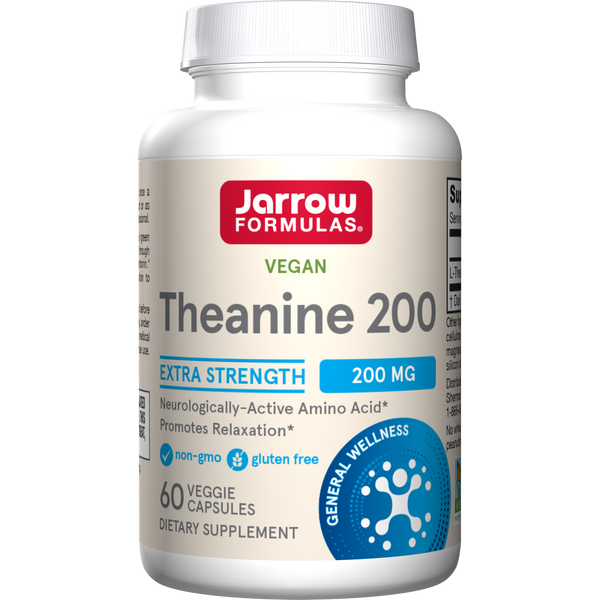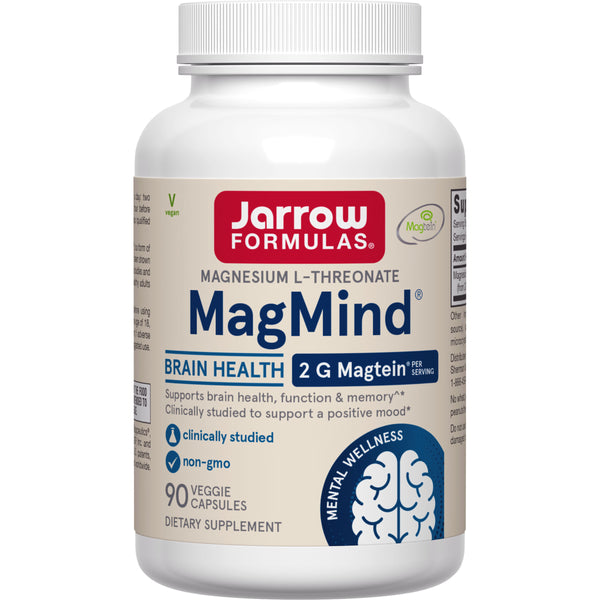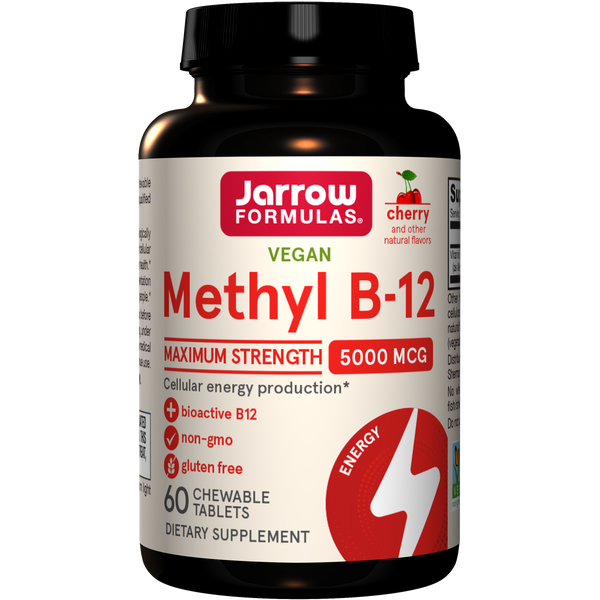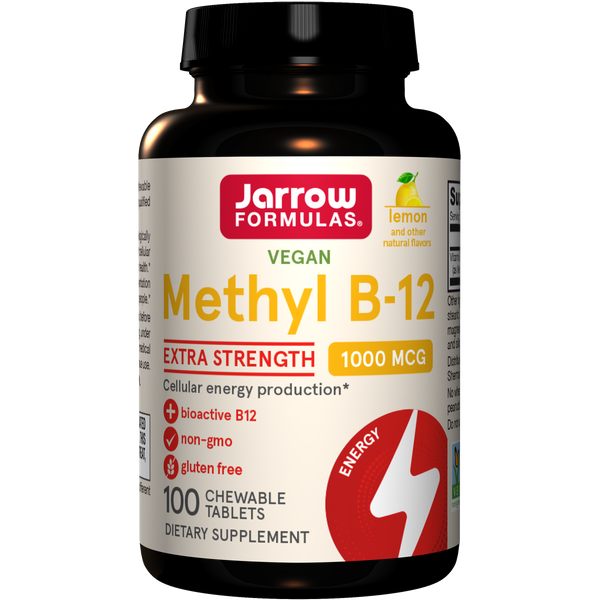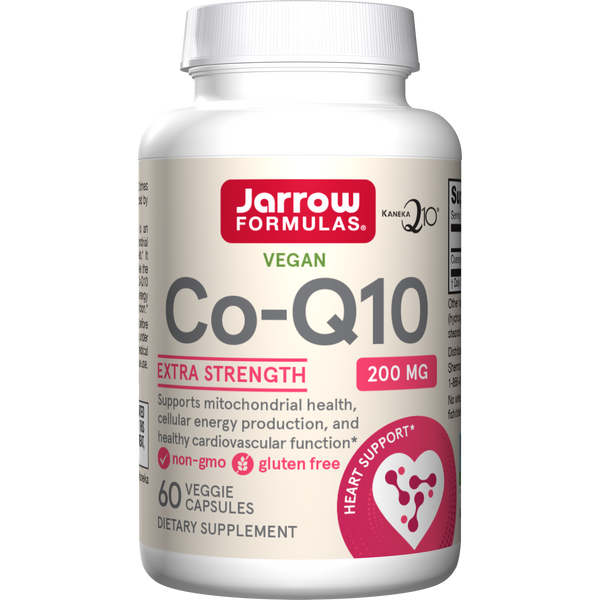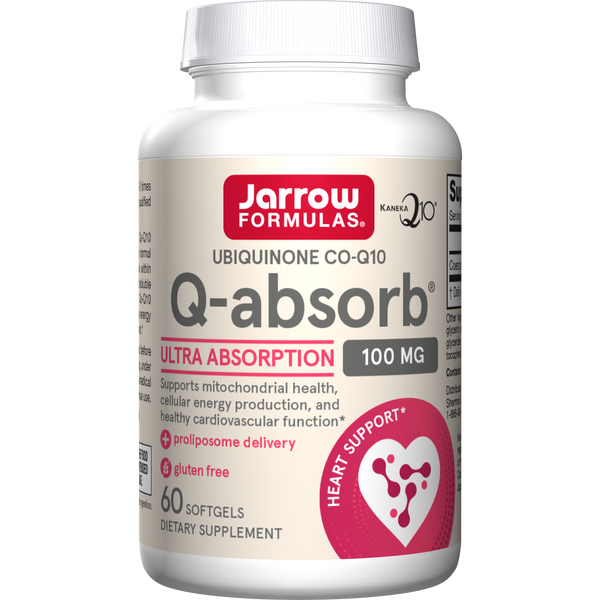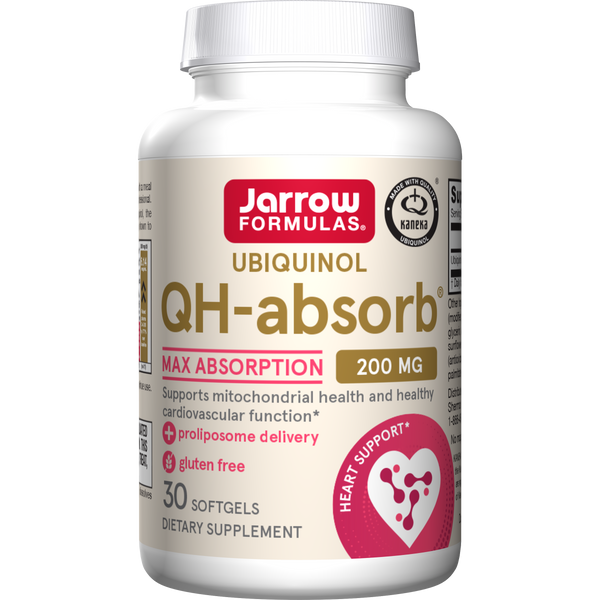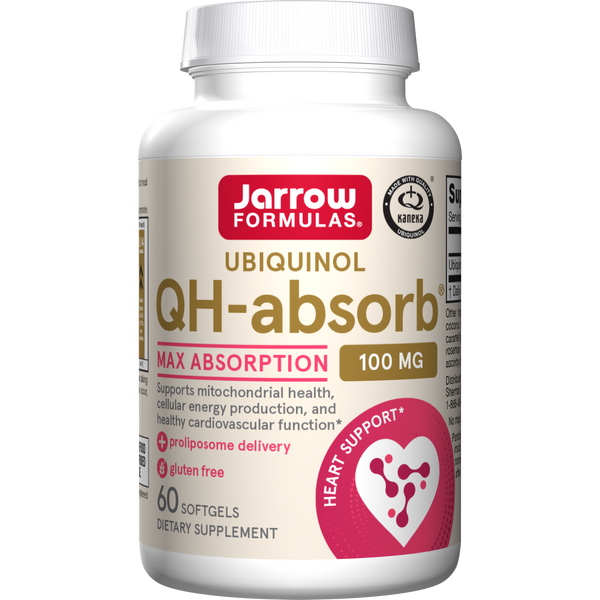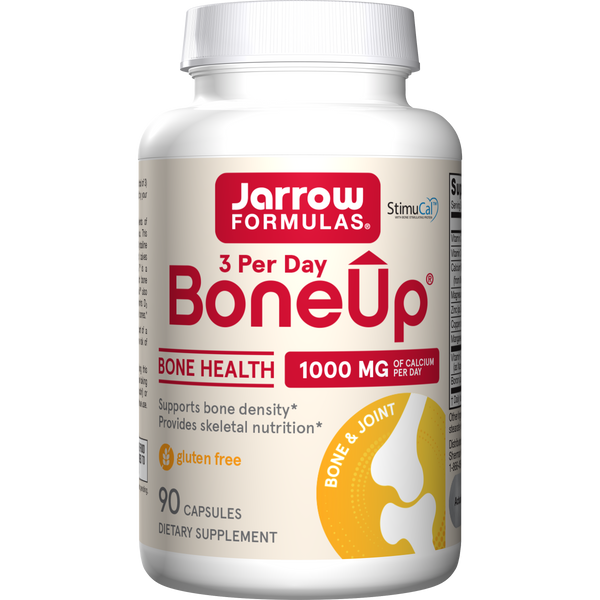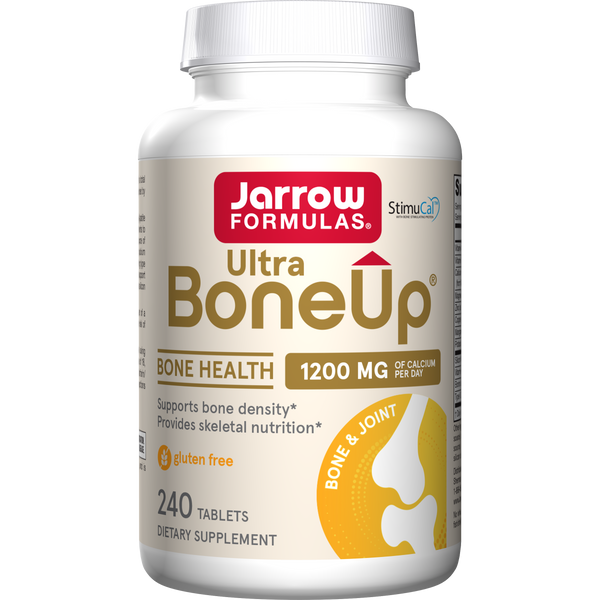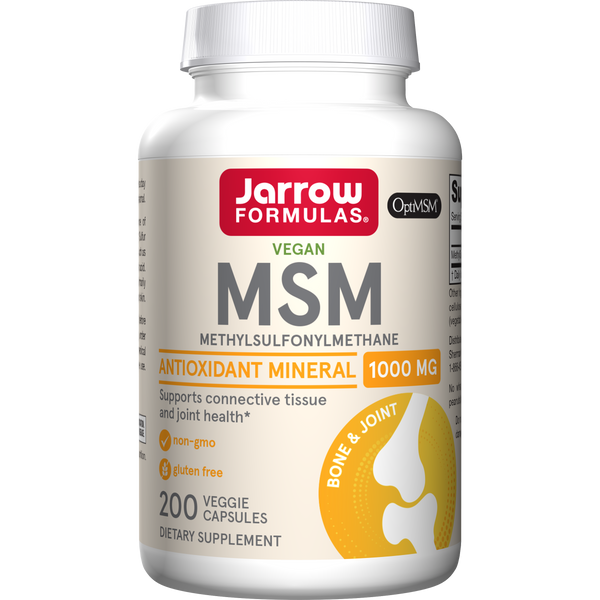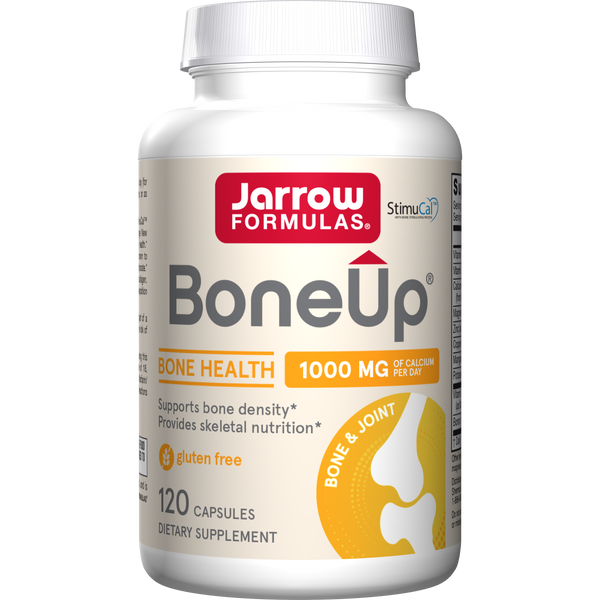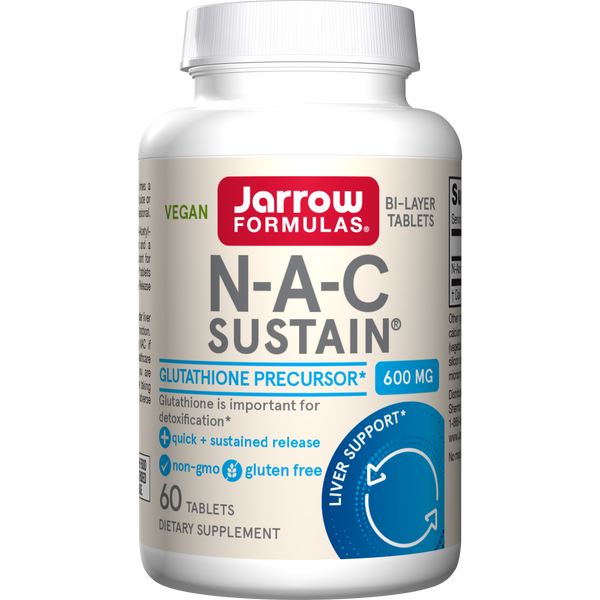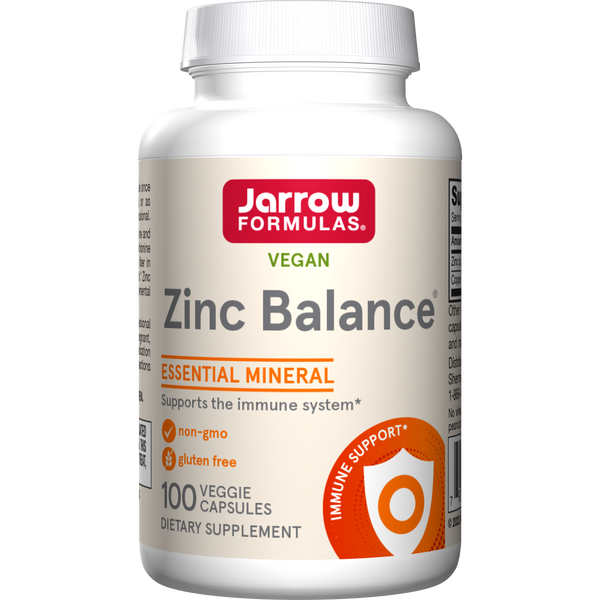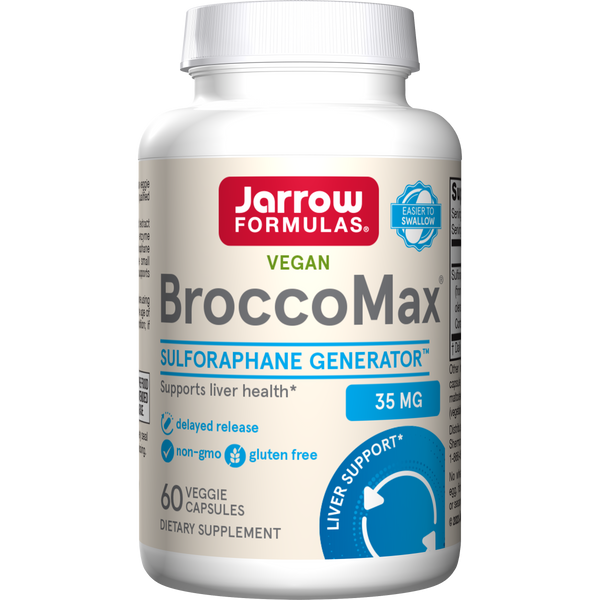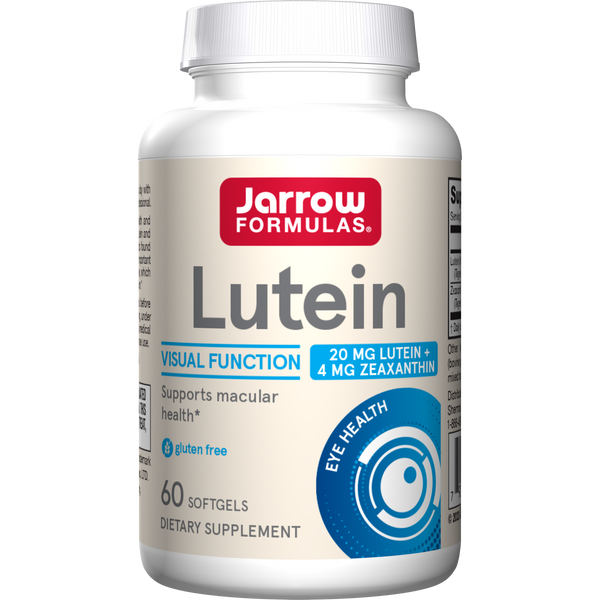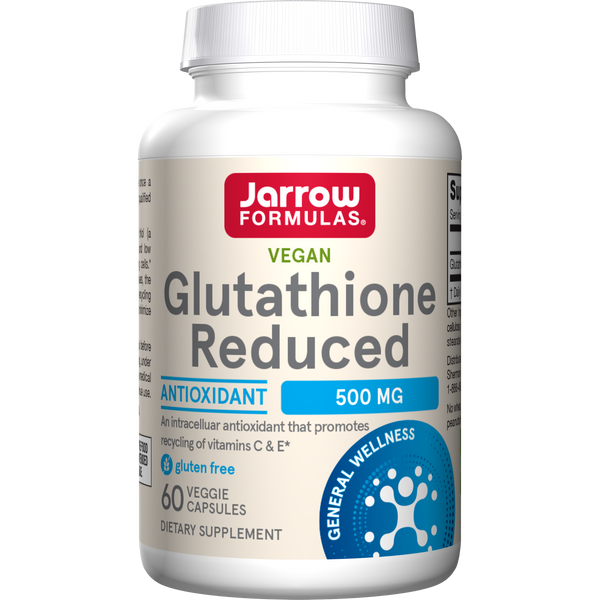Boosting beneficial bacteria shown to support cardiometabolic health in overweight individuals
Carrying excess body fat is known to alter the way the body processes carbohydrates and fat, and can lead to unwanted cardiometabolic changes over the long term. While there are numerous weight reduction interventions available, such as special diets, physical activity and other conventional interventions, the cardiometabolic risks associated with excess weight are considerable. Scientists continue to explore new ways of improving the health of individuals fighting the so-called battle of the bulge.
It has recently been found that various biochemical and metabolic differences exist between overweight and lean persons, one of which is the diversity of the bacteria housed within the gastrointestinal (GI) tract. Intestinal bacteria, which outnumber our own human cells by ten to one, provide a significant contribution to many bodily functions.
The beneficial bacteria we harbor in our guts play a profound role in the health of the immune system, the skin, and even protect cells and DNA from oxidative damage. A disruption of their delicate balance can leave us vulnerable to unwanted metabolic changes and illnesses. In recent studies highlighting the differences in intestinal bacteria in the guts of individuals of varying weights (differences that have also been identified among individuals with poor blood sugar control), scientists have begun to investigate a novel treatment that can potentially harness the power of these bacteria to promote health body composition through the supplementation of prebiotics and/or synbiotics (a blend of probiotics and prebiotics).
The first meta-analysis on the subject recently examined the effects of both prebiotics and synbiotics on key metabolic markers in overweight and obese adults. A systematic search was conducted using various and known research databases; studies were eligible for inclusion if they were randomized, controlled, clinical trials which used a prebiotic or synbiotic intervention in obese or overweight (body mass index (BMI) over 25 kg/m2) adults between 18 and 65 years old. Plasma lipids, fasting insulin or fasting glucose were assessed as outcomes, and two independent reviewers checked the studies for quality before including them in the analysis.
Specifically, the extensive review looked at key biomarkers including total cholesterol, low-density lipoprotein cholesterol (LDL-c), high-density lipoprotein (HDL-c), triglycerides, fasting glucose, and fasting insulin in a total of 13 studies involving 513 overweight or obese participants. Nine of the studies administered prebiotics, primarily derived from inulin or fructooligosaccharides (FOS), a sweet tasting sugar polymer that feeds good bacteria, at doses ranging from 5.5 - 21 grams per day. Studies on synbiotics provided FOS at a maximum dose of 2.5 grams per day, along with common probiotic strains including Bifidobacterium, and/or Lactobacillus, and/or Streptococcus at doses ranging from 200 to 5 billion colony forming units (CFU) per day.
What they found was that supplementation with prebiotics significantly supported normal levels of total and LDL cholesterol in obese participants, as well as triglycerides and HDL-c levels among participants with blood sugar concerns. A significant improvement in fasting insulin was observed as well, though no significant effects were observed regarding fasting glucose. Synbiotic supplementation was also found to support healthy levels of triglycerides and fasting insulin in the general population.
Though some of the participants experienced unwanted symptoms from both pre-biotic and symbiotic supplementation, such as mild GI discomfort, the authors noted that some of the effects may have been due to the content of fructans and galactans, members of a group of short-chain carbohydrates and sugar alcohols which are poorly absorbed in the GI tract, called FODMAPs (fermentable oligosaccharides, disaccharides, monosaccharides and polyols). FODMAPs have been investigated in recent years due to their ability to induce various intestinal symptoms among certain people. Nevertheless, most of the individuals in the study resisted study dropout, despite reports of GI discomfort, indicating that there may be a digestive adaptation period to these compounds.
By establishing the presence of a clear difference in the microbiota of lean and obese individuals, both in composition and function, this meta-analysis suggests a new clinical value for supplementation of prebiotics and synbiotics in the management of cardiometabolic aberrations related to excess body fat.
The authors speculated that the powerful effects seen from prebiotics and synbiotics on cardiometabolic outcomes likely stem from the effects of inulin, previously been shown to have a lowering effect in individuals with imbalanced blood lipids. The positive effects seen in participants with blood sugar concerns were thought to stem from the presence of already elevated triglycerides as well as lower HDL-c concentrations, commonly found in insulin resistant individuals. Although no specific biochemical mechanism was suggested to explain these effects, it’s been theorized that probiotic bacteria may affect metabolism by modulating inflammatory responses and that synbiotics may both improve gut microbiota composition and balanced inflammatory responses.
Source: A systematic review and meta-analysis of the prebiotics and synbiotics effects on glycaemia, insulin concentrations and lipid parameters in adult patients with overweight or obesity. Bruna T.S. Beserra, Ricardo Fernandes, Vinicius A. do Rosario, Michel C. Mocellin, Marilyn G.F. Kuntz, Erasmo B.S.M. Trindade* Clinical Nutrition, October, 2014



